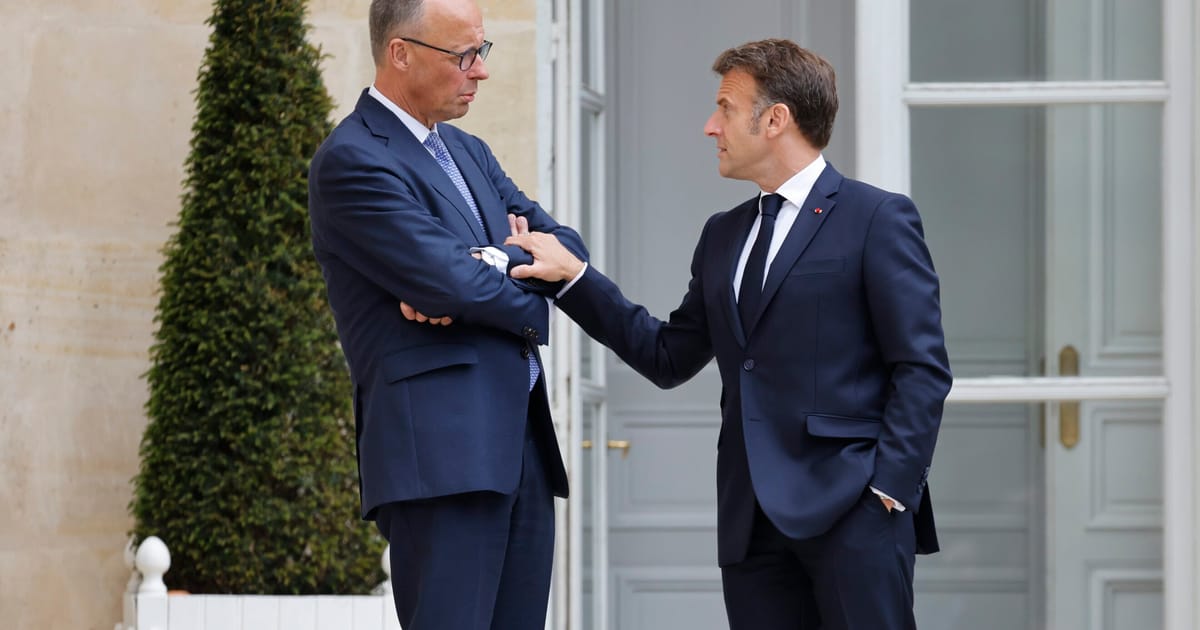

This week has marked significant developments on the global stage, with important milestones achieved in trade agreements and diplomatic relations. Leaders around the world have made strides toward fostering partnerships and addressing ongoing challenges despite the complex and sometimes tense international climate.
In Europe, French President Emmanuel Macron and the new German Chancellor Friedrich Merz have committed to revitalizing the Franco-German partnership, a cornerstone of European unity and progress. While their personal rapport has shown encouraging warmth, diverging perspectives on key policy areas, including defense and trade, highlight that navigating these challenges will require continued dialogue and cooperation. The efforts to strengthen this bilateral relationship are crucial as both nations seek to align their visions in shaping the future of the European Union.
Across the Atlantic, a significant trade agreement was reached between the United States and Japan, ending months of stalled negotiations. The agreement, announced by former President Donald Trump, includes a 15% tariff level on Japanese imports to the U.S., with confirmations coming from both the Japanese Prime Minister and American officials. This deal represents a pivotal step in advancing economic ties between the two nations and reflects both countries’ strategic efforts to stimulate mutual economic growth and navigate shifting global trade dynamics.
In another major trade development, Indian Prime Minister Narendra Modi visited the United Kingdom to sign a historic trade agreement. This free trade pact marks Britain’s most economically significant deal since its departure from the European Union and India’s first major agreement outside Asia. The accord promises to bolster Britain’s car and whisky industries while offering India beneficial visa concessions. Analysts suggest this deal lays the groundwork for a robust and enduring economic partnership, demonstrating a willingness to collaborate amid global uncertainties.
Meanwhile, amidst these positive steps toward economic cooperation, geopolitical tensions continue to emerge. An incident involving an Israeli cruise ship and protesters on the Greek island of Syros highlights the intersections of tourism and international conflict. Demonstrators, protesting Israeli actions in Gaza, effectively rerouted the Crown Iris cruise line to Cyprus, emphasizing that global conflicts can impact international travel and community interactions.
These events underscore the complexities of global politics and trade, where advancements often coexist with challenges. Diplomatic efforts and strategic negotiations continue to be at the forefront of addressing these multifaceted issues, with leaders striving to foster cooperation in an interconnected world. As countries work through their policy differences and pursue mutual benefits, a calm and collaborative approach remains essential in navigating the intricacies of international affairs.
Source: {link}
